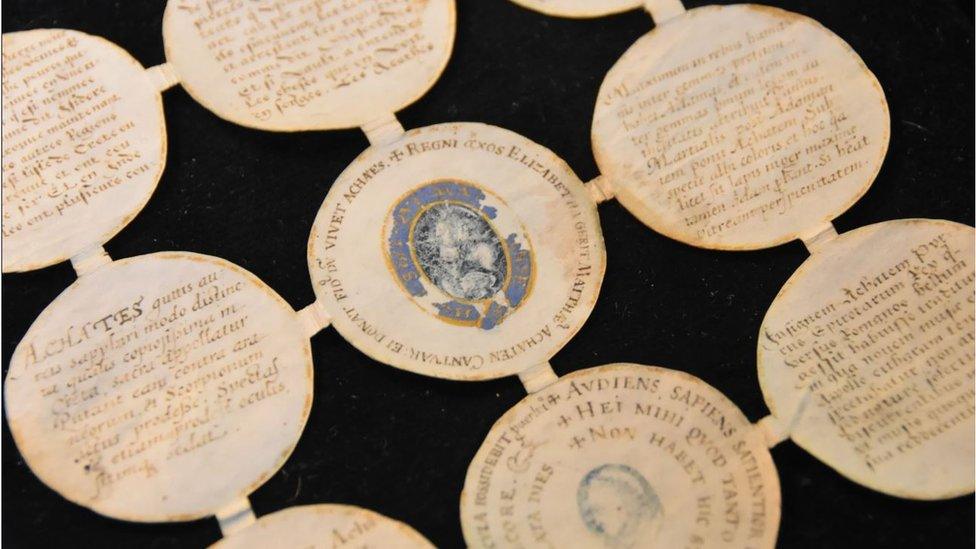'Rare' Islamic manuscripts on display for first time
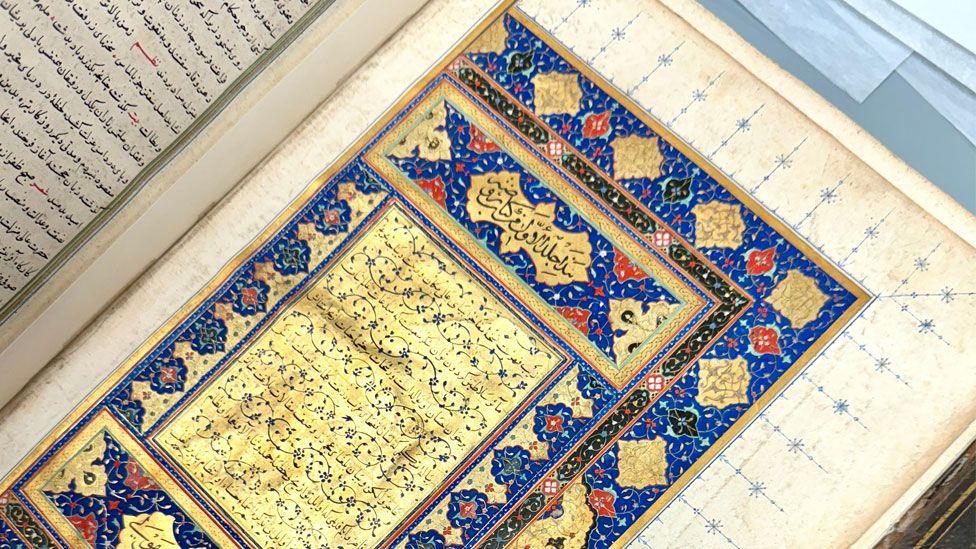
One of the documents on display is this Rawdat al-saffa (Garden of Purity) by Muḥammad bin Khawand Shah, dating to the 16th Century, from the Ottoman Empire
- Published
"Exceptionally rare" manuscripts from Asia and North Africa are going on display at a university library, some for the first time.
Visitors to the Cambridge University Library exhibition will be able to see a 730-year-old Persian commentary on parts of the Quran and the oldest known Malay Quranic Commentaries from Aceh, Indonesia.
Dr Chris Burgess, the library's head of public programmes, said: “Ancient manuscripts are time machines, they take us back to other worlds."
They were collected by a Dutch scholar and printer Thomas van Erpe, known as Erpenius, and donated to the library in 1632.
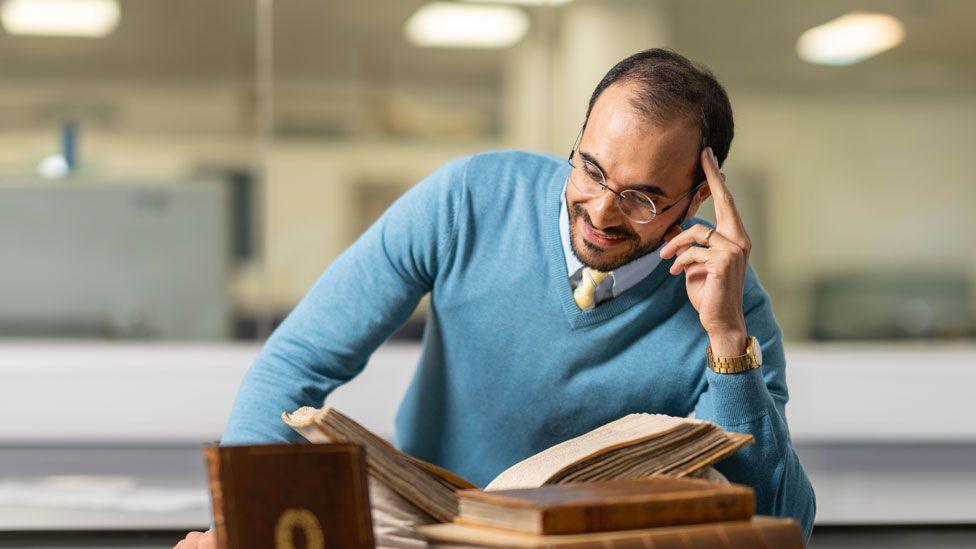
Curator Dr Majid Daneshgar says "Erpenius demonstrated a genuine interest in the connections of language and faith"
Erpenius aimed to show the study of Islamic and Asian manuscripts was as important as that of Latin, Greek, Syriac, and Hebrew.
More than 15 languages and scripts feature in the exhibition, including Arabic, Aramaic, Classical Chinese, Hebrew, Javanese, Malay, Persian, Syriac, Telugu, Turkish and Yiddish.
Curator Dr Majid Daneshgar said Erpenius "paved the way for an inclusive approach to religious and textual studies".
“In an era focused on the Bible and the Classical World, with an emphasis on Greek, Latin, and Hebrew, Erpenius believed that true global understanding could only be achieved through the study of world languages," he said.
“His passion led him to build one of the great pioneering collections of manuscripts in Arabic, Malay, Persian, Turkish, Syriac, Hebrew and other languages."
The youngest object in the exhibition is 400 years old, while the oldest is more than 700.
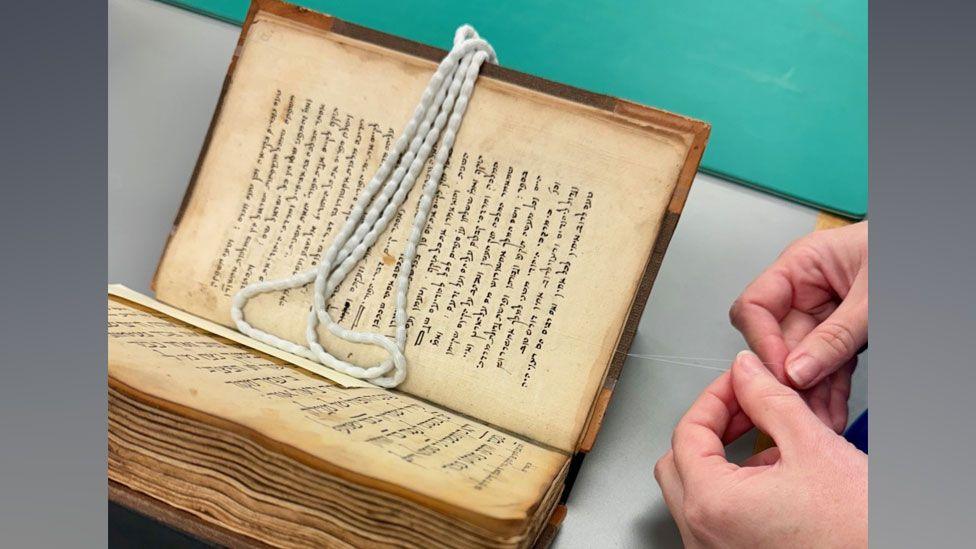
A 15th Century Hebrew commentary on the Bible, possibly made in Greece, is another of the rare manuscripts on display
Erpenius died of the plague aged 40 and his widow sold the manuscripts to George Villiers, Duke of Buckingham, a favourite of James VI and I and his son Charles I.
After Buckingham's assassination in 1628, his widow Katherine became the first woman to donate manuscripts to Cambridge University Library.
Dr Burgess said other "exceptionally rare" exhibits included a 700-year-old copy of the Gospels in Arabic which "gives a sense of how Christians in Alexandria practised their faith" and "a royal copy of an Arabic book of language, dated 1274", which shows the type of material the rulers of ancient Shiraz (modern-day Iran) had in their library.
Endless Stories: Manuscripts, knowledge and translation in the 17th century, external runs until 22 February
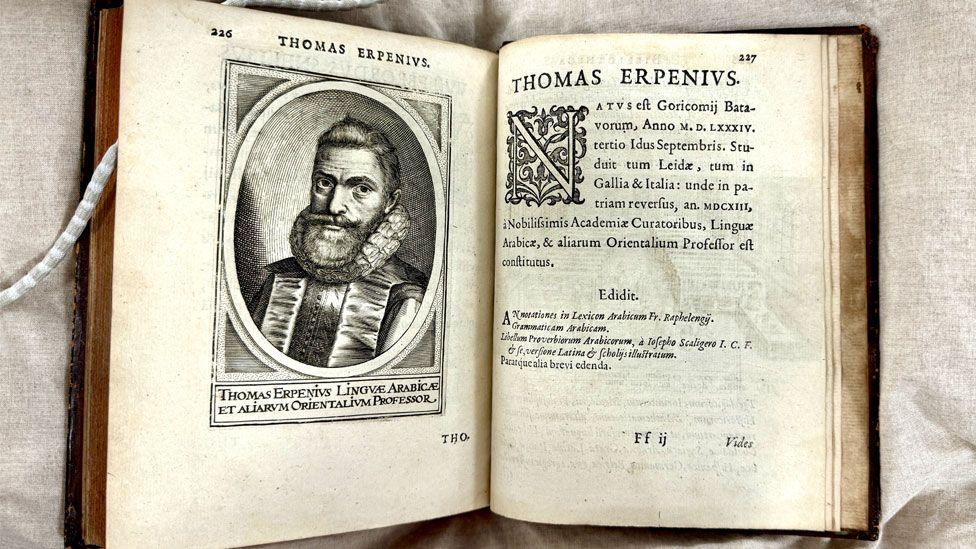
Thomas van Erpe or Erpenius studied Arabic alongside his friend and collaborator Ahmad ibn Qasim al-Hajari and published an Arabic grammar book which remained in use for centuries after his death
Get in touch
Do you have a story suggestion for Cambridgeshire?
Follow Cambridgeshire news on BBC Sounds, Facebook, external, Instagram, external and X, external.
Related topics
- Published6 September 2024
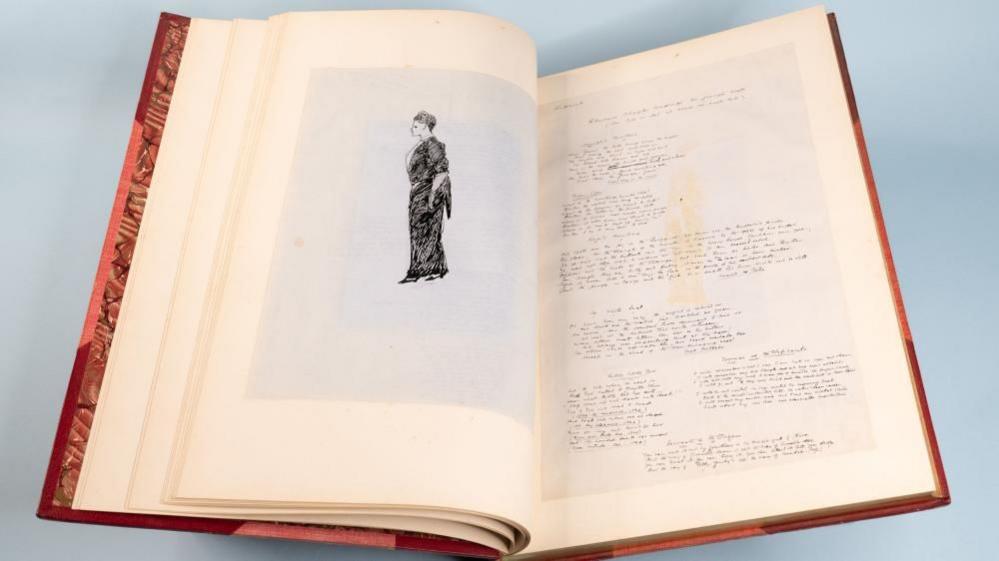
- Published7 August 2023
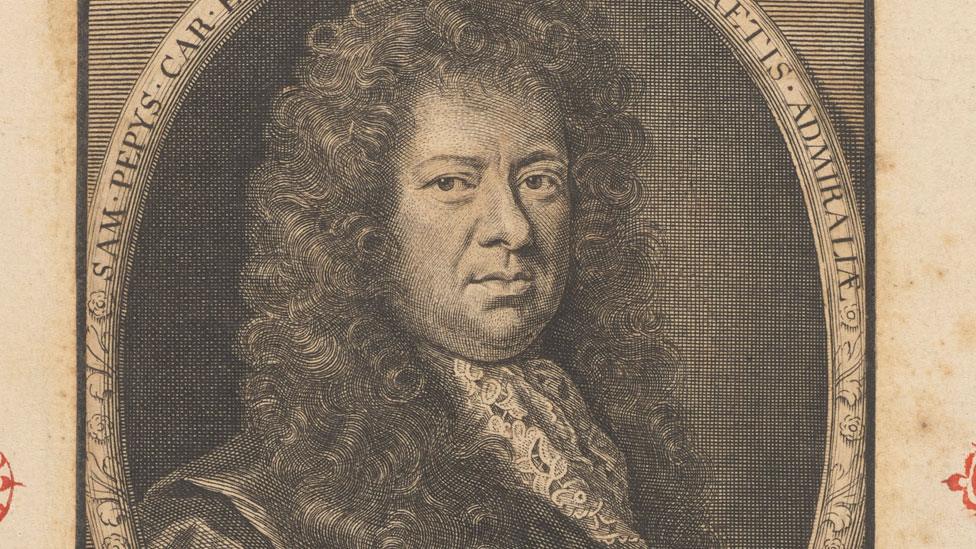
- Published16 March 2023
